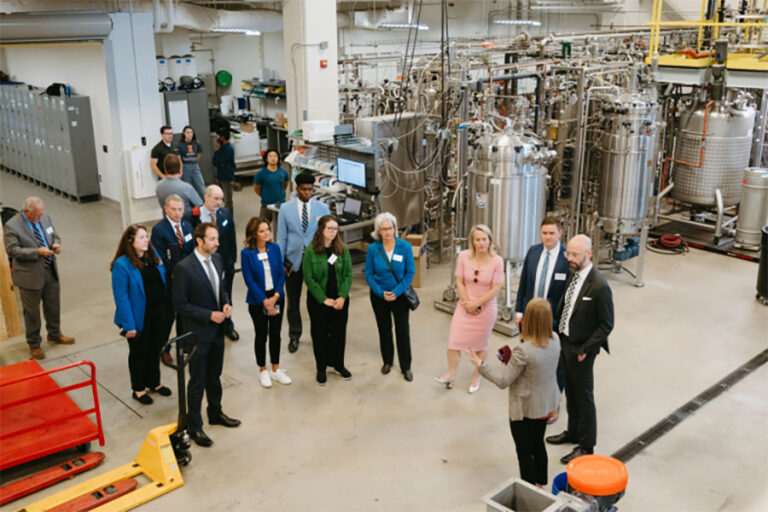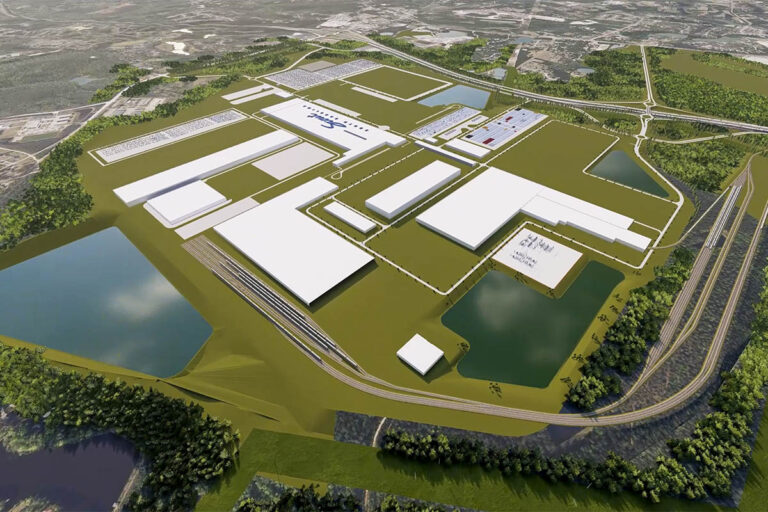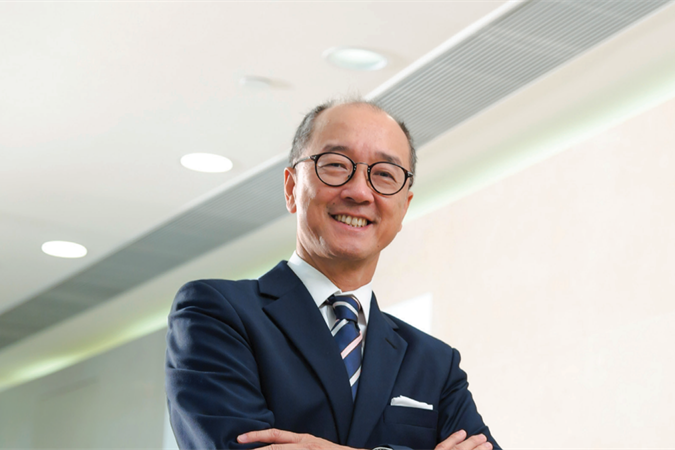
When the Soviet Union launched the world’s first man-made satellite in 1957, it triggered a Space Race that would revolutionise global communications, take mankind to the moon and transform humanity’s understanding of its place in the cosmos.
Not many observers back then would have foreseen the far-reaching economic and social consequences of Sputnik, at a time when Cold War paranoia was at its height and few people could see beyond the potential militarisation of space.
Now, more than sixty years later, the world is facing another dramatic moment of crisis, doubt and existential uncertainty. The Covid-19 pandemic has devastated economies, exposed deep social divisions and created real fear about the future direction of humankind.
Yet for some global thought leaders, the current crisis has the potential to act as a catalyst which will accelerate the transformation of the societies and economies of tomorrow.
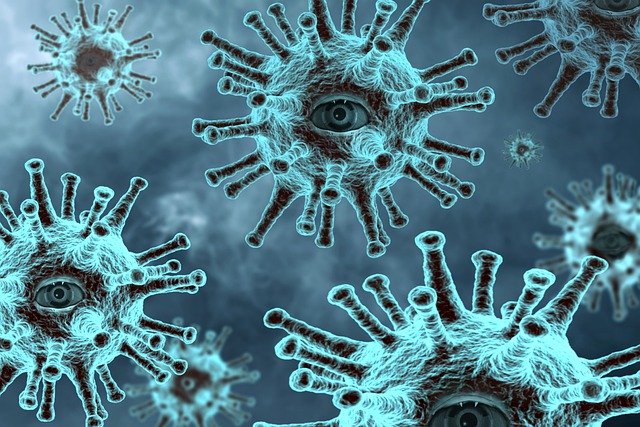
“This is a Sputnik moment for humanity,” says Tony Chan, President of the King Abdullah University of Science and Technology (KAUST) and a Board Member of the Future Investment Initiative Institute of the Kingdom of Saudi Arabia. “There will be a fundamental shift in people’s sense of value and purpose.”
Speaking at one of the world’s first virtual gatherings of political leaders, international investors and corporate leaders since the outbreak of the pandemic, Chan forecast a surge in investment in science and innovation and a sea-change in the principles of contemporary capitalism: “when picking investments, the profit motive by itself may not be enough.
“A return on investment may have to include the impact on humanity as well as the financial return.”
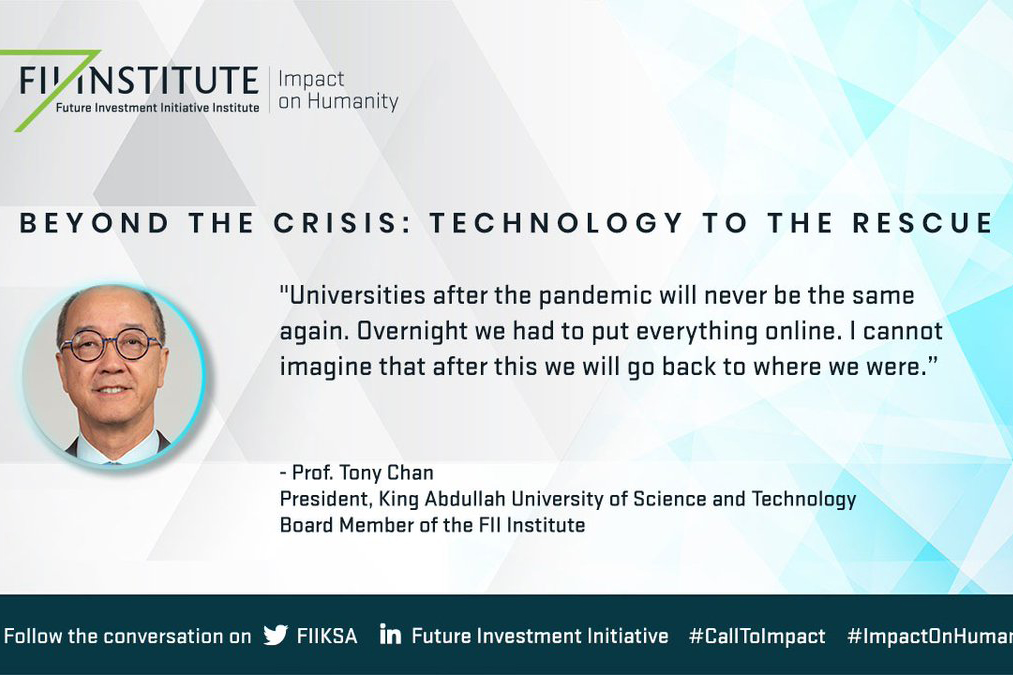
Chan shared his vision for the future at an event organised by the Future Investment Initiative Institute of Saudi Arabia and attended online by more than 2,000 people from 94 countries.
The institute is an offshoot of the Future Investment Initiative (FII), an influential and wide-ranging forum run by the Public Investment Fund, the Kingdom’s powerful sovereign wealth fund. It brings together global decision makers to explore emerging industries, enable innovation and address critical social challenges.
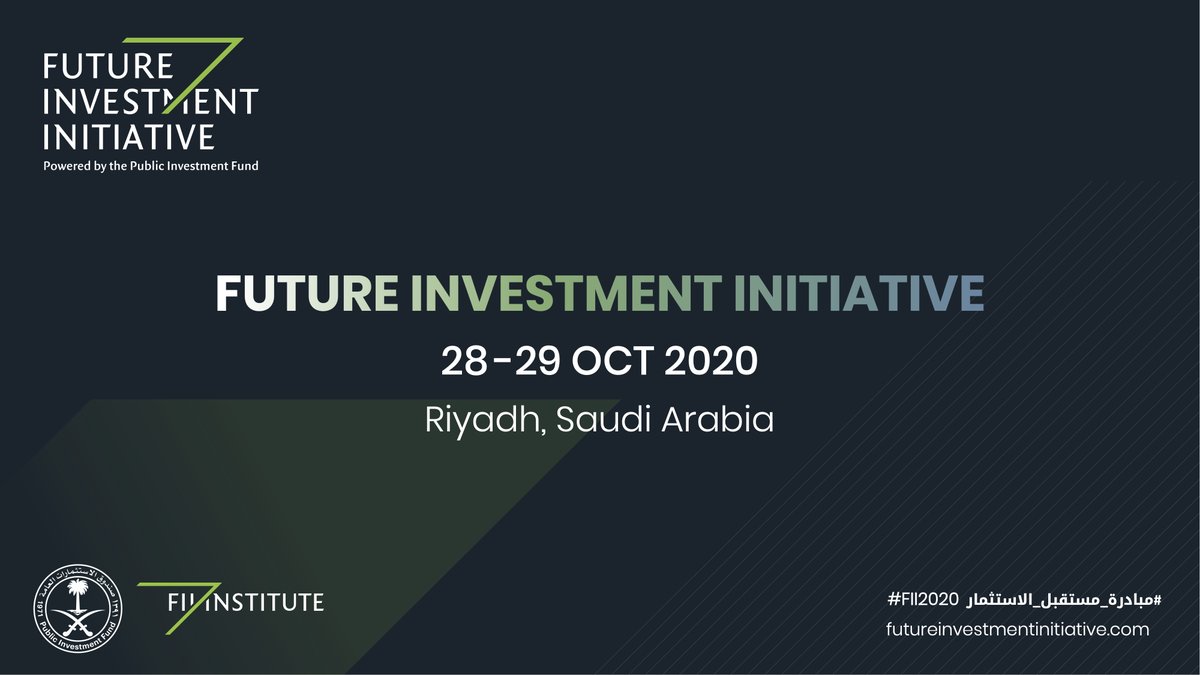
As the thought leadership platform of the initiative, with the remit of helping to determine the investment trends of the future, the FII Institute has found itself in the driving seat of the global investment community’s response to the Covid-19 pandemic.
“We want to empower great minds to come up with fantastic ideas and be a catalyst for projects that can have a positive impact on humanity,” Richard Attias, the CEO of the FII Institute, explained during the event.
Impact on humanity
Focused on opportunities for investment in Artificial Intelligence, healthcare, robotics and sustainability, the FII Institute aims to accelerate the development and worldwide deployment of technologies that will shape the future of society.
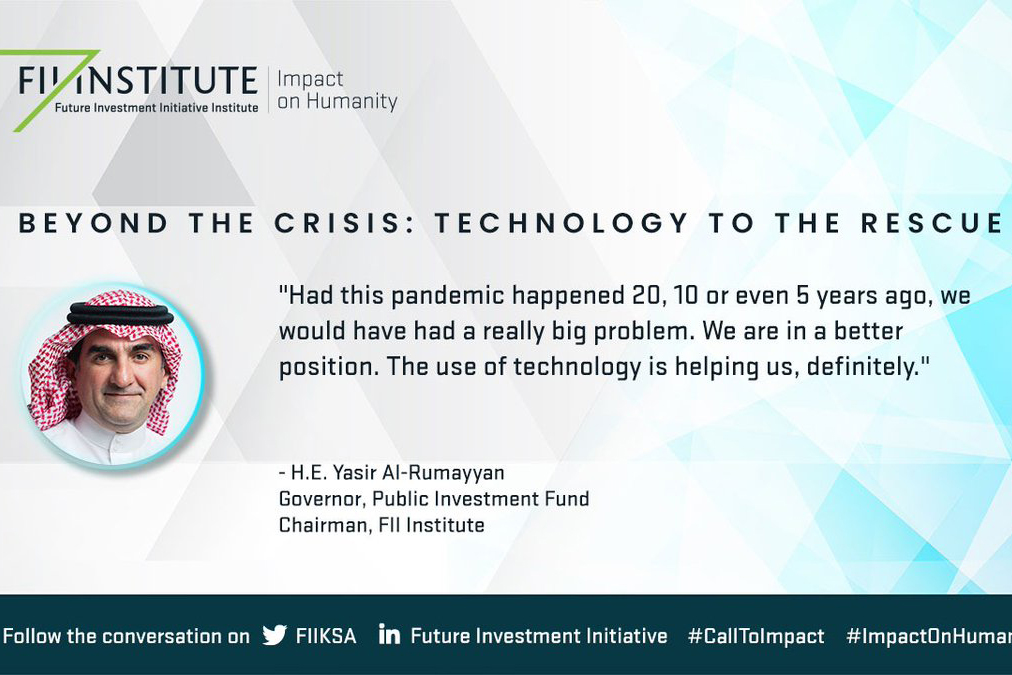
“Had this pandemic happened 20, 10 or even five years ago, we would have had a really big problem. We are in a better position. The use of technology is helping us,” Yasir Al-Rumayyan, Governor of the Public Investment Fund and Chairman of the FII Institute told participants in the meeting.
In the higher education sector, new technologies havealready enabled Tony Chan’s university KAUST to move all learning online almost overnight. The institution is now exploring ways of using robotics and AI to help migrate exams and even laboratory experiments to the Internet.
“Universities will never be the same again,” Chan predicts.

Speakers at the FII Institute’s virtual conference said they expect developments in technology and shifts in values to transform the way people live, work and learn across all areas of the economy and society.
The event was the first of a regular series of conferences which will help shape the agenda for the next meeting of the Future Investment Initiative in October 2020, cementing the position of Saudi Arabia and its partners on the frontline of the world’s response to the greatest healthcare crisis of our time ![]()







